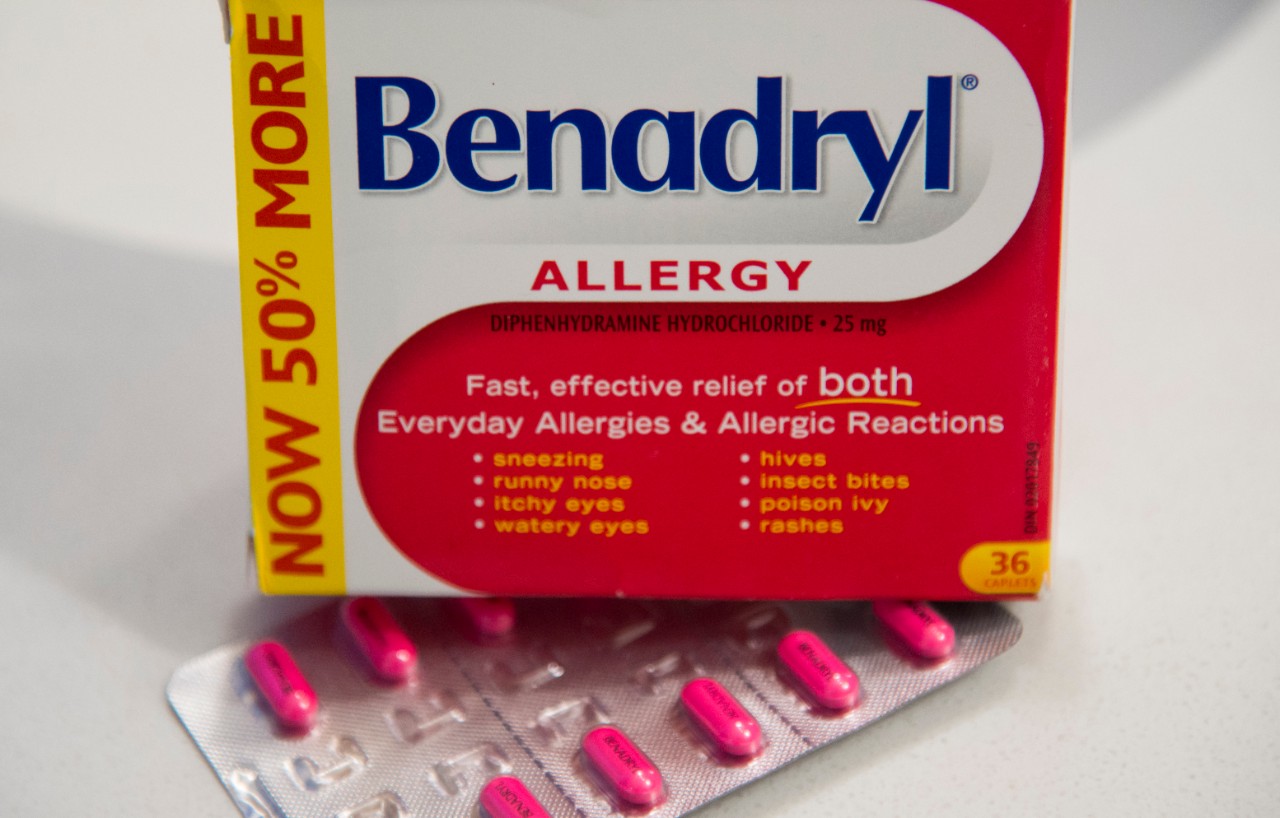Aerius is a common antihistamine used in clinical practice for signs and symptoms of allergy worldwide. Is Aerius a good antihistamine? Yes, it is definitely a good antihistamine which relieves multi symptom allergy relief for 24 hours duration. To know more about the efficacy of Aerius, continue reading the article.
Aerius contains desloratadine as an active ingredient, it is commonly known as a metabolite of loratadine. It is a medicine containing desloratadine which is usually available as 5mg tablets, 2.5mg and 5mg orodispersible tablets. Orodispersible tablets are tablets that dissolve in the mouth, a 0.5mg/ml syrup form and 0.5mg/ml oral solution. Studies show that all forms of Aerius preparation works effectively for each other and it’s safe to be used in children as well.
What is Aerius used for? It is usually used for illnesses like urticaria rhinitis, allergic, and for seasonal rhinitis. It is commonly used in adults for allergic rhinitis which simply means the inflammation of the nasal lining due to exposure from allergens like pollen, house dust mites, smoke and so forth. Other than that, Aerius is also usually used for patients with urticaria. Urticaria is defined as a skin condition which is manifested by having itchiness and hives due to exposure to similar allergens like in allergic rhinitis.
These signs and symptoms of allergy appear due to the action of a chemical substance released by immune cells in our blood stream called histamine. To block the action of this chemical substance, antihistamine is used in medical practice to antagonise its action and simultaneously relieve symptoms of allergy. Aerius is a good antihistamine as the duration of symptoms relief is longer than other antihistamines and also relieves most symptoms of allergy.
There are several benefits of Aerius which have been proven by papers and research of studies done on it. For instance, in allergic rhinitis, the results show a significant decrease in symptom of about 25 to 32% after two weeks of treatment with 5mg of Aerius compared to a decrease of only 12 to 26% after treatment with a placebo. On the other hand, two studies about urticaria symptoms revealed the decrease in urticaria symptoms reached 58 to 67% after being treated with Aerius while only about 33 to 40% reduction of symptoms after treated with placebo.
What are the risks usually associated with Aerius?
Just like any other drugs and medications, Aerius is also associated with some mild to moderate levels of side effects. However, not all taking this antihistamine will possess the side effects of it. Here are some of the common side effects reported by patients taking Aerius.
In both adults and adolescents, the most common side effects reported were fatigue (1.2%), followed by dry mouth (0.8%) and headache about 0.6%. The side effects observed in children are similar as well. However, in children aged less than 2 years old, the most common reported side effects were diarrhea (3.7%), fever in 2.3% and insomnia in 2.3% respectively.
Aerius is contraindicated for usage in anyone with severe allergies to desloratadine, loratadine or any other active ingredients used in the medication.
Do meet a doctor immediately if any of the symptoms become worse or start concerning you more than usual, as it can have severe side effects. For more safety, always consult your doctor prior to using any medications especially if you had any severe side effects after taking any other antihistamines to prevent any mishaps, do also inform if you are currently suffering from any severe medical illness like chronic kidney disease and liver disease as some medication will require dosage adjustments.

